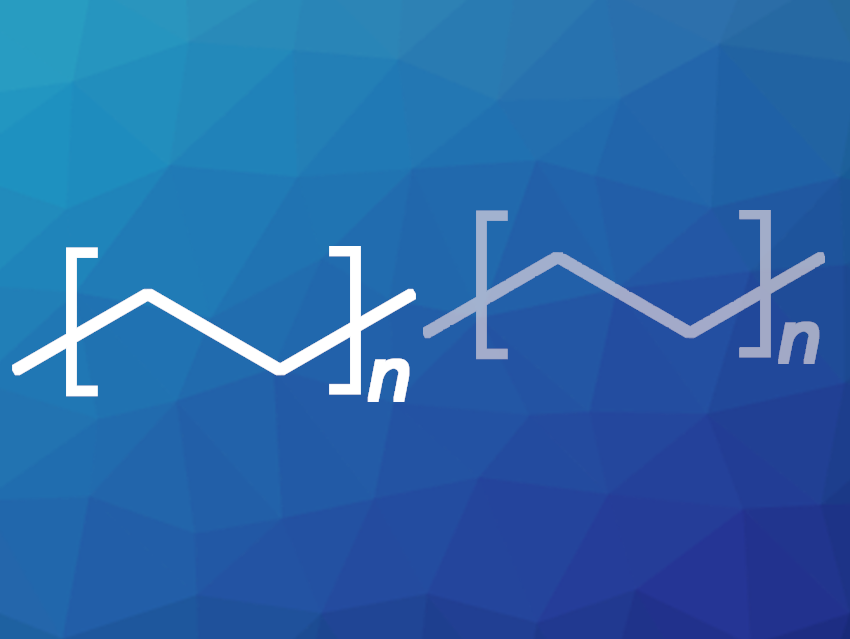Alarming amounts of man-made plastic debris pollute waters and oceans. Plastic has reached every part of the global marine environment, from the arctic sea to the tropics, from water to sediments and beaches. What precisely happens to plastic waste once it enters the oceans remains a matter of ongoing research.
The plastic degradation potential of marine microbes such as bacteria and fungi found on floating plastic debris in oceans is interesting in this context. These microbes inhabit floating plastic and use digestive enzymes to decompose both naturally occurring complex compounds, such as lignin and cellulose, and man-made pollutants or hazardous compounds, such as oil and other hydrocarbons.
Annika Vaksmaa, NIOZ Royal Netherlands Institute for Sea Research, The Netherlands, and colleagues have collected the fungus Parengyodontium album from floating plastic fragments in the northern Pacific Ocean and analyzed its capacity to degrade polyethylene (PE), one of the most abundantly produced plastic types.
To do so, the scientists incubated Parengyodontium album on UV-treated and non-treated carbon isotope-labeled PE and traced the degradation of the plastic into the degradation product CO2. The UV-treated PE was degraded at a rate of 0.044 % per day, whereas degradation of the non-treated PE was not detected. This suggests that UV-treatment facilitates degradation or may even be crucial, possibly through the enhanced accessibility of hydrocarbon molecules for microbial degradation as a result of photooxidation.
Experiments tracking the incorporation of PE-derived carbon into fungal biomass showed that it was integrated, e.g., into fungal fatty acids. The researchers propose that fungi may use plastic-derived carbon as a source of energy and predict that many more plastic-degrading fungi remain to be discovered.
- Biodegradation of polyethylene by the marine fungus Parengyodontium album,
A. Vaksmaa, H. Vielfaure, L. Polerecky, M.V.M. Kienhuis, M.T.J. van der Meer, T. Pflüger, M. Egger, H. Niemann,
Sci. Total Environ. 2024, 934, 172819.
https://doi.org/10.1016/j.scitotenv.2024.172819



